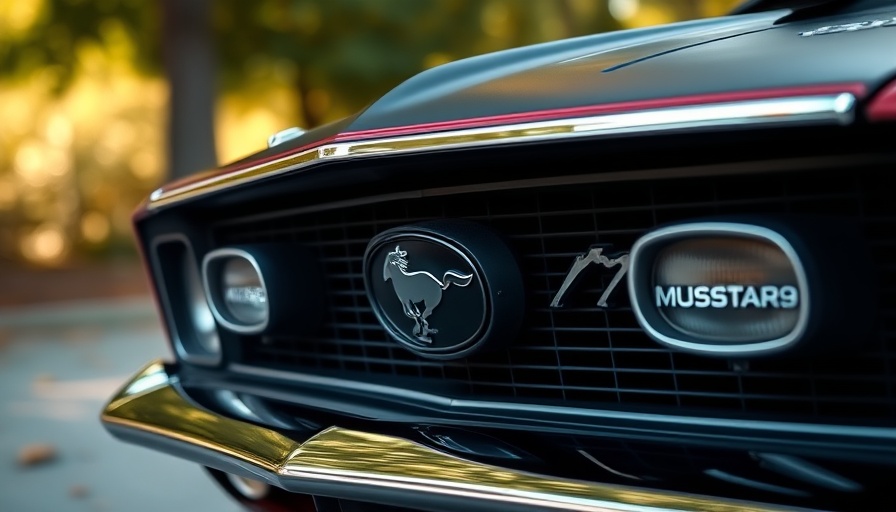
Unraveling the Mystery of the Ford Mustang Boss 429
The recent sale of a 1970 Ford Mustang Boss 429, fetching a jaw-dropping $627,000 at auction, has shocked automotive enthusiasts and collectors alike. What makes this particular model draw such extravagant bids? The answer lies not just in its rarity but also in its historical significance within the competitive world of motorsport.
Rarity Meets History: The Boss 429’s Unique Story
Only 499 Boss 429s were manufactured for 1970, of which merely 13 featured the striking Calypso Coral color paired with a white interior. This vehicle was born out of Ford’s efforts to compete with Chrysler in the world of Nascar racing, creating an engine specifically designed to dethrone the formidable 426 Hemi engine. Unlike traditional homologation vehicles, the Boss 429 was unique in that Ford never actually entered it in a race, adding to its enigmatic allure and value.
The Engineering Challenge: Crafting a Racing Legend
Initially, Ford faced a significant engineering challenge to install the new 429 cu-in (7.0-liter) V8 engine into the Mustang. Because of the engine's size, modifications were necessary, which included widening the engine bay and relocating the battery to the trunk. Despite these challenges, the resulting powertrain delivered around 375 horsepower, with rumors suggesting it could hit closer to 500 under the right conditions, matching its competitor’s capabilities.
Market Trends: What Makes This Mustang Worth So Much?
The staggering auction price highlights broader trends in the classic car market, where rarity and historical significance can lead to inflated values. While the estimated worth of the Boss 429 was around $386,000, the final bidding outcome shows how collectors are placing a premium on unique pieces of automotive history. This price surpasses many modern supercars, indicating a shift in collector preferences towards vintage performance cars.
Comparative Values: Boss 429 vs. Modern Classics
To put this sale in context, consider that a well-maintained Boss 302, another muscle car from the same era, typically goes for about $200,000. This remains significantly less than the Boss 429’s auction total. Collectors are increasingly willing to pay top dollar for vehicles that carry a story and embody a nostalgic spirit, highlighting how emotional connections can influence value.
The Future of Ford Collectibles: What Lies Ahead?
As collectors set their sights on rare models from the late 20th century, the future of such vehicles is looking increasingly bright. Investing in classic muscle cars like the Ford Mustang Boss 429 can be both a financial strategy and a way to engage with iconic automotive history. Given their rarity and celebrated past, vehicles that exemplify performance and design excellence—such as the Boss 429—are likely to continue to appreciate in value.
In conclusion, while many may consider the price of a 1970 Ford Mustang Boss 429 exorbitant, for collectors, its worth reflects not just a market trend, but a passionate homage to an era of racing that defined American automotive culture.
 Add Row
Add Row  Add
Add 




 Add Row
Add Row  Add
Add 

Write A Comment